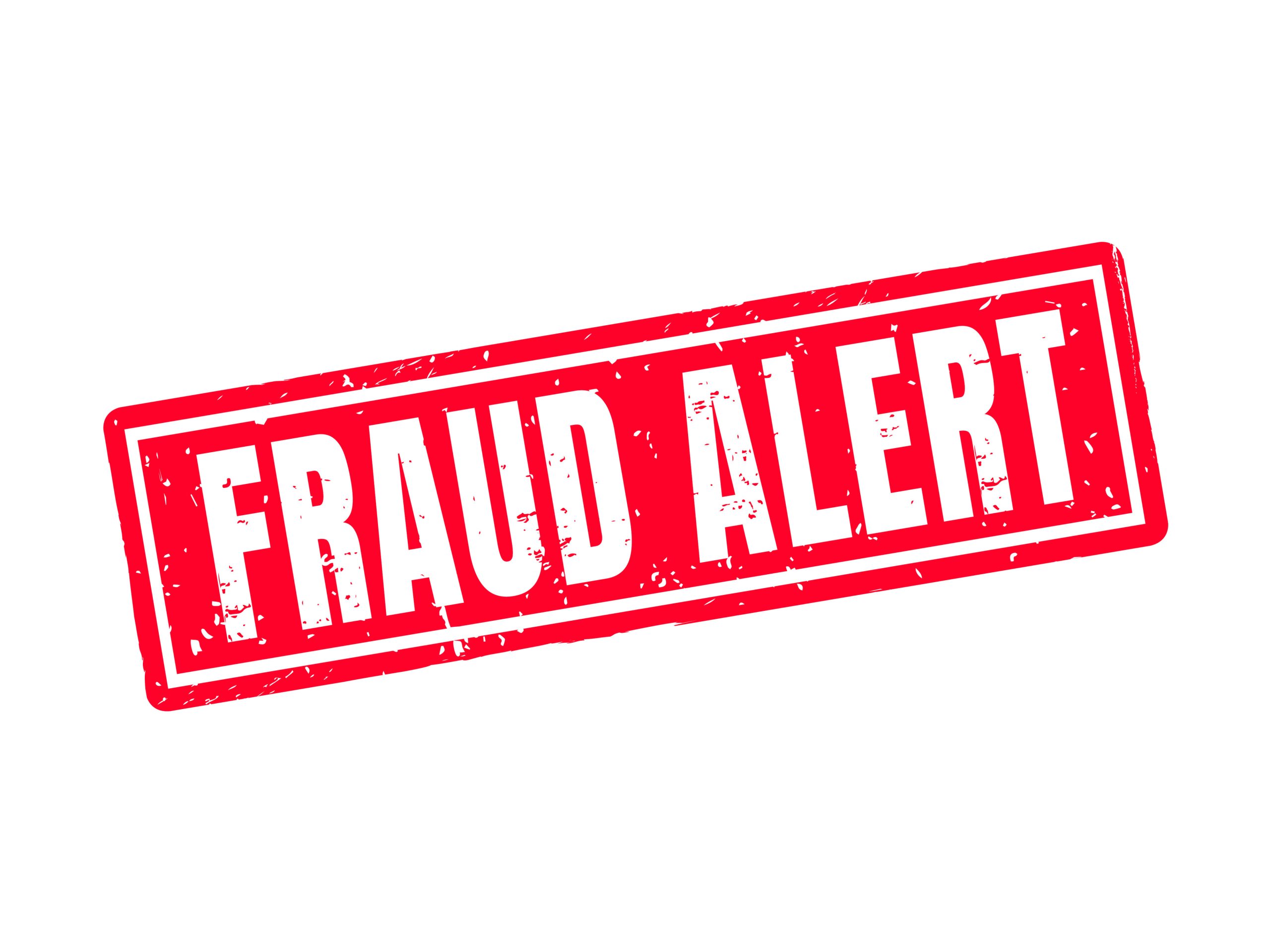Corporate Transparency Act Fraud Alert
November 7, 2023 | Carole Clark Isakson
Update December 19th, 2024 On December 3, 2024, the U.S. District Court for the Eastern District of Texas issued a nationwide preliminary injunction in Texas Top Cop Shop, Inc., et al. v. Garland, enjoining the federal government from enforcing the Corporate Transparency Act (CTA) and its reporting deadlines. On December 13, 2024, the Department of Justice (DOJ) filed an Emergency Motion for Stay Pending Appeal in the Fifth Circuit requesting an expedited briefing schedule and a ruling “as soon as possible, but in any event no later than December 27, 2024, to ensure that regulated entities can be made aware of their obligation to comply before January 1, 2025.” Reporting companies should continue monitoring developments in the coming days in case the January 1, 2025 deadline for filing is reinstated. Have you heard about the Corporate Transparency Act? Starting in January 2024, many entities will need to report ownership and management information to FinCEN — Financial Crimes Enforcement Network. This branch of the US Treasury Department collects and examines details on economic transactions to help thwart domestic and international financial crimes. Barna, Guzy & Steffen has been actively educating our clients and business partners about this important law. As people become more aware of the requirements, criminals have seen this new reporting requirement as…
Read More10 Things to Remember in the Zoom Court Era
November 1, 2023 | Jason C. Brown
The COVID-19 pandemic changed the way we live, shop, and work. It also changed the way we head to court. To its credit, the Minnesota Judicial Branch took just a month or so to adjust following the COVID-19 outbreak. While online communication appeared to be a Band-Aid® at the time, remote court hearings have since become the norm. With the exception of trials, almost all other family court hearings are now handled via Zoom. The fact that we have become amateur broadcasters requires attention to how you appear on camera. Here are 10 things to remember in the Zoom court era. Turn on your camera. Many litigants opt to keep their camera off during hearings. However, part of the judge’s job is to assess credibility, and they can hardly do so looking at a blank screen. Dress appropriately. Appearing in court from your living room does not grant the freedom to dress in your sweats. Business casual is fine. Master the mute button. Stay muted unless and until the judge asks you a question. When asked, remember that you are muted and unmute yourself. Even if you are muted, it’s good practice to assume the microphone is on to avoid saying something that would make a bad impression. Lock up the pets. If…
Read MoreHow Does the Court Determine Spousal Maintenance?
October 27, 2023 | Jason C. Brown
Spousal maintenance, also known as alimony, is an emotionally charged issue some divorce litigants may face. The person being asked rarely wants to pay, while the person seeking spousal maintenance believes they need it. So, how does the court determine spousal maintenance? Keep reading to learn more. No Real Blueprint The tricky thing about spousal maintenance is that there is no specific formula set forth in the law. While the issue of child support is addressed by a very specific mathematical equation, alimony is not. However, the following framework may be helpful. The starting point when considering an award of spousal maintenance involves an examination of the needs of the requesting party. That party must put together a summary of anticipated monthly expenses following divorce, and the budget must be reasonable. The reasonableness of a budget is measured against the standard of living the parties enjoyed during the marriage. Next, the requesting party’s income, or potential income, is considered. The law provides that those seeking an award of spousal maintenance must be as meaningfully employed as possible. That usually means full-time employment in line with a litigant’s educational background and work experience. If the party seeking alimony is not so employed, the court may impute income equal to their potential earnings. Determining Need…
Read More

